by: Bridget Swinney, R.D.
Have you "eaten the rainbow" today? Brightly colored fruits and vegetables offer different nutrients that are good for your overall health, and eating the colors of the rainbow spectrum, especially those with the carotenoid lutein, may also protect your eyes from damaging light and promote good eye health for people of all ages. Read on to see what foods you should be including in your family's diet.
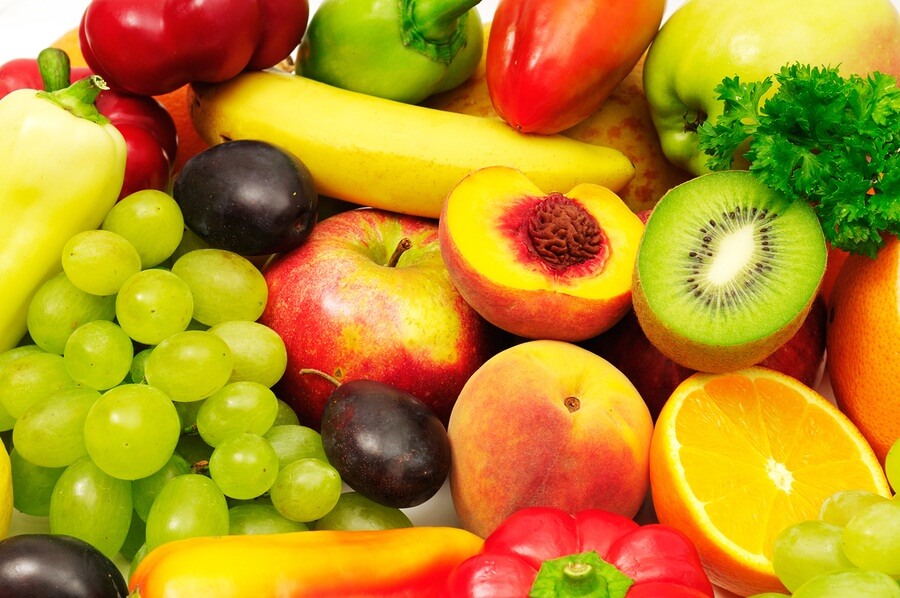
What is Lutein?
Carotenoids naturally originate from plants, such as fruits and vegetables, and can help protect against cell damage. Lutein is one of only two carotenoids found in the human eye, and it concentrates in the critical point of the retina that receives and absorbs light. It works in two ways; it absorbs potentially damaging light (especially blue light) and protects against oxidative damage. Studies also show that lutein can reduce the risk of age-related macular degeneration and cataracts, two of the leading causes of vision trouble in adults, by 35 percent and 40 percent, respectively.
Boost the use of this important nutrient in your family's diet. Encourage your family to taste a rainbow of fruits and vegetables that are good for their eyes (and if you're pregnant or breastfeeding, remember that baby can only get lutein through your diet). Check out this colorful list of lutein-rich foods.
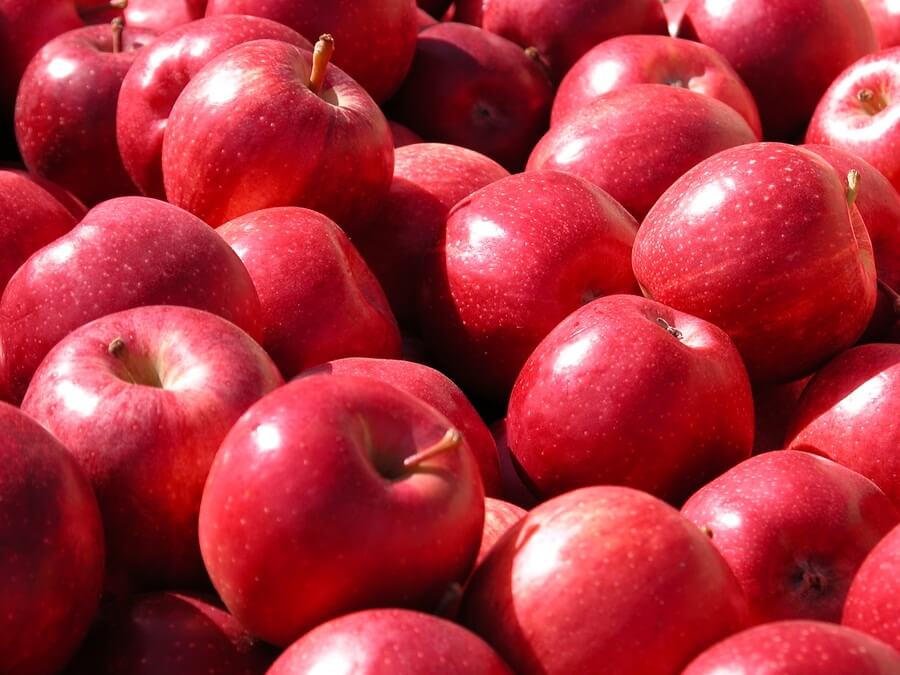
Red: Apples
Apples (and red grapes, too) can increase your intake of lutein. Red peppers and watermelon, rich in vitamins A and C, can also promote good eye health.
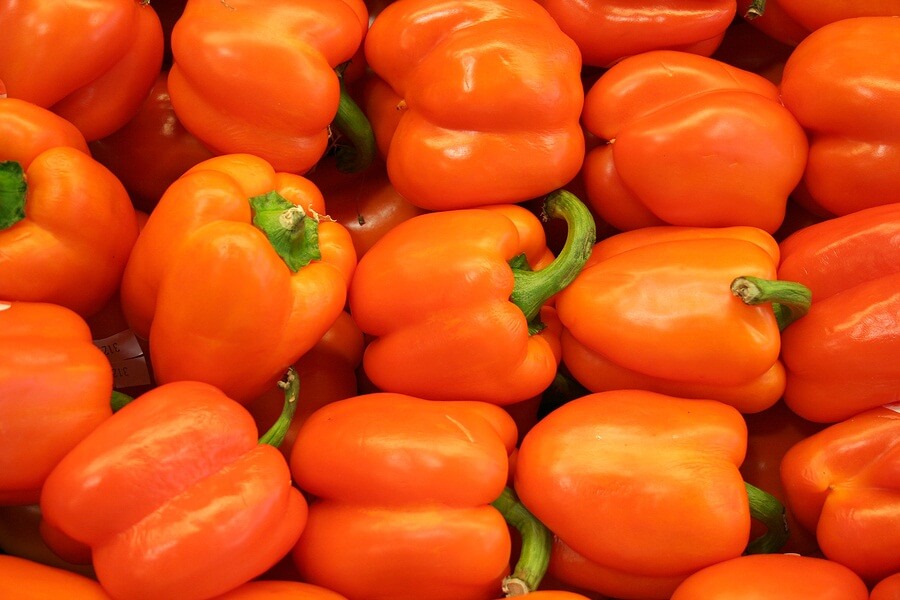
Orange: Orange Bell Peppers
Orange bell peppers are great to eat raw or roasted, or try pureeing them with cilantro and garlic for a yummy sauce over chicken or fish.
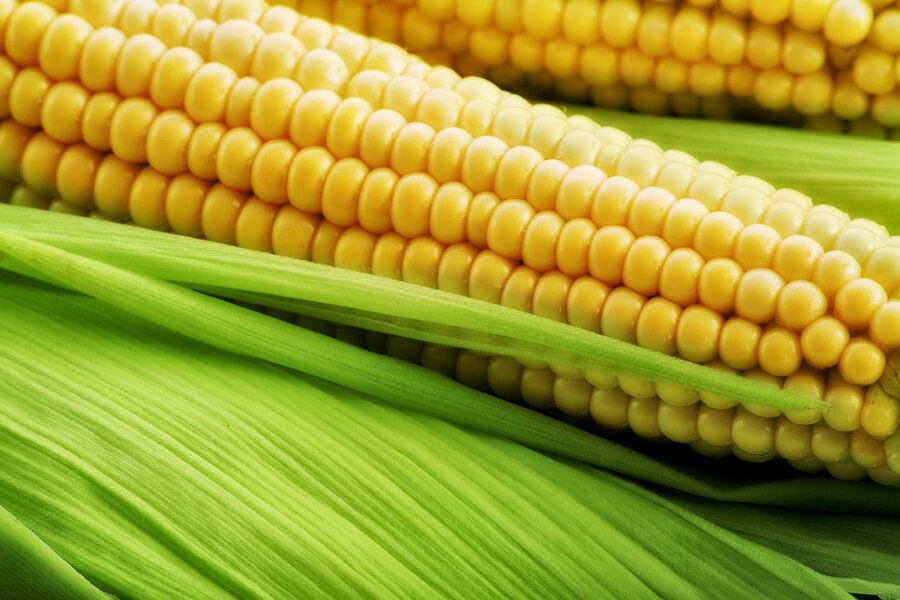
Yellow: Corn, Eggs
Corn (and corn tortillas) are good sources of lutein, fiber and B vitamins. And don't toss out those egg yolks! Yolks are an excellent source of many nutrients, including lutein. Try wrapping scrambled eggs in a corn tortilla for a quick breakfast on the go.
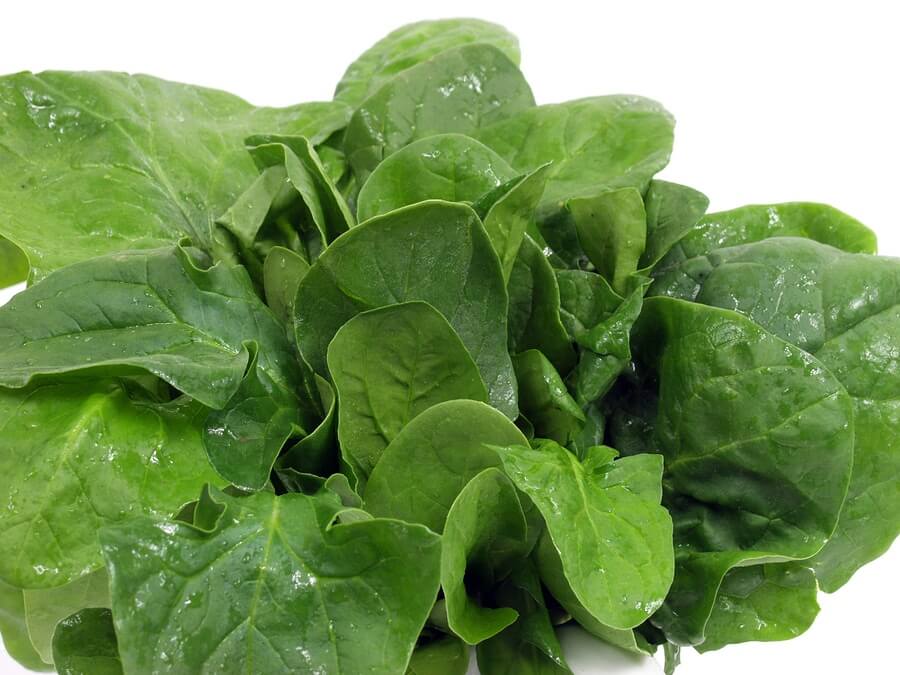
Green: Spinach, Kale, Leafy Greens
Leafy green vegetables are some of the best sources of lutein. Cooking vegetables, like sauteed spinach or baked kale, dramatically increases lutein absorption in the body. Peas, broccoli, green beans, pistachios and kiwi are also great sources of lutein, as well as herbs like parsley and cilantro. For kids who won't eat spinach, try spinach noodles or kale chips.

Blue: Water
Okay, we cheated. Water isn't considered a food, but staying hydrated helps with natural eye lubrication and can protect against various eye problems. Keep a water bottle nearby at work and at home to encourage better hydration all day long. Add sliced cucumber, also a source of lutein, to your water for a refreshing twist.
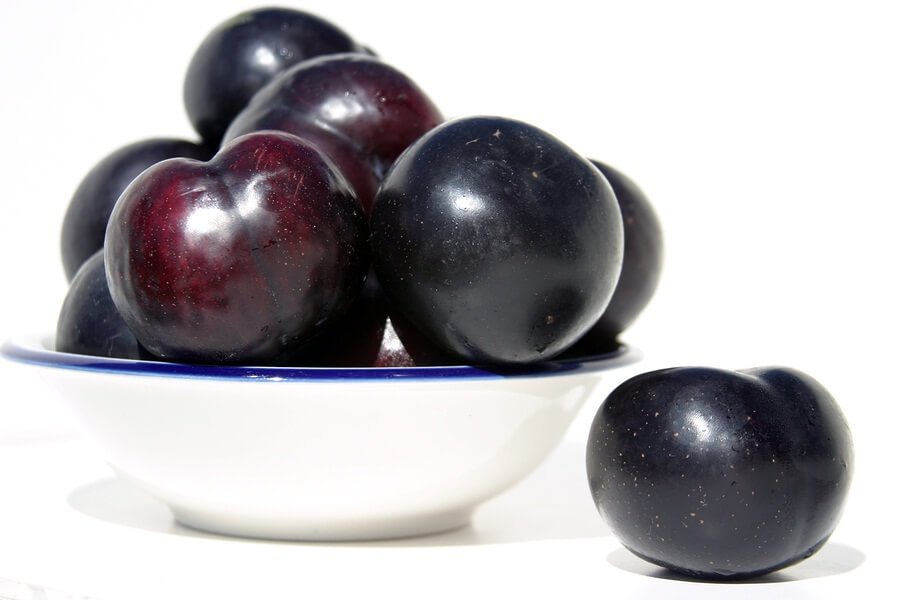
Violet: Plums
Plums, dried plums, and prunes all contain lutein and vitamin C, which is also linked to eye health. Plums are also a good source of water to help keep you hydrated.



